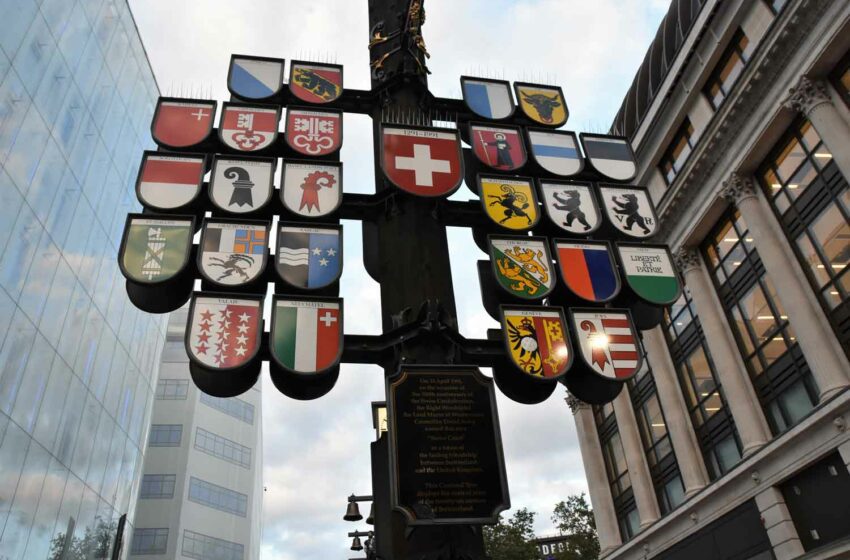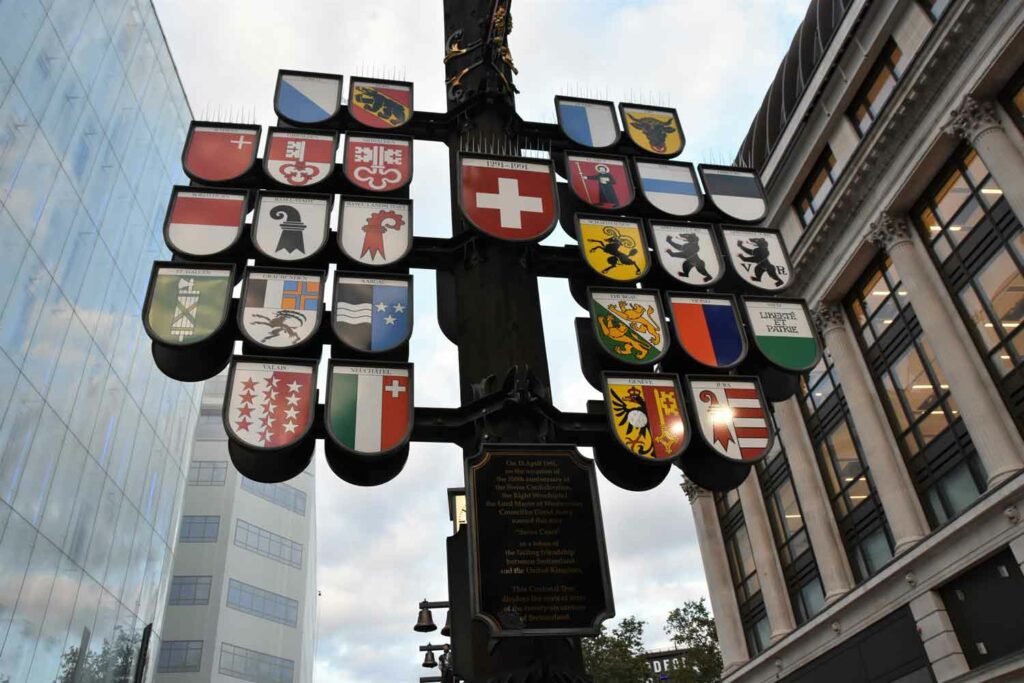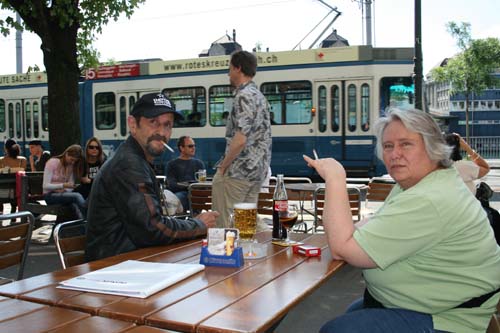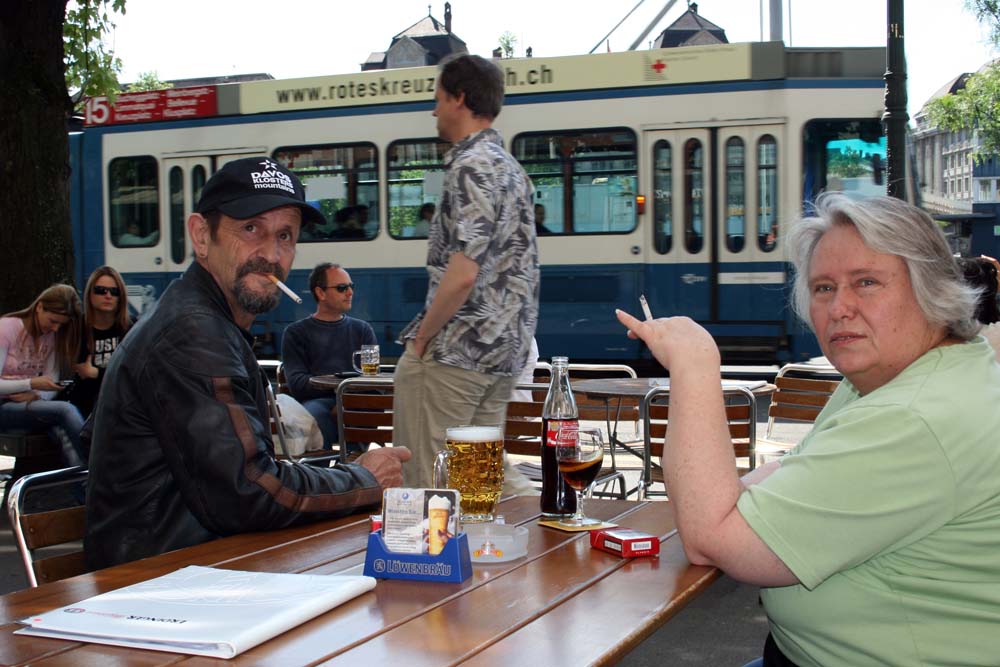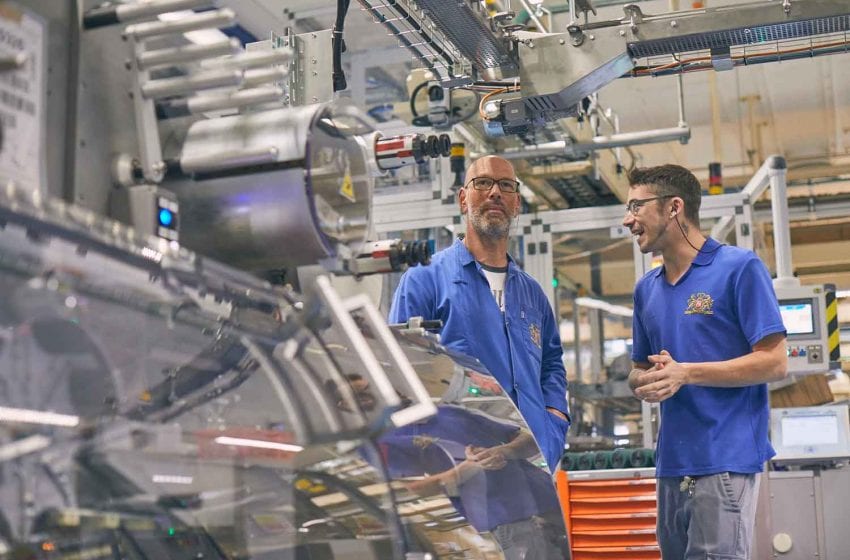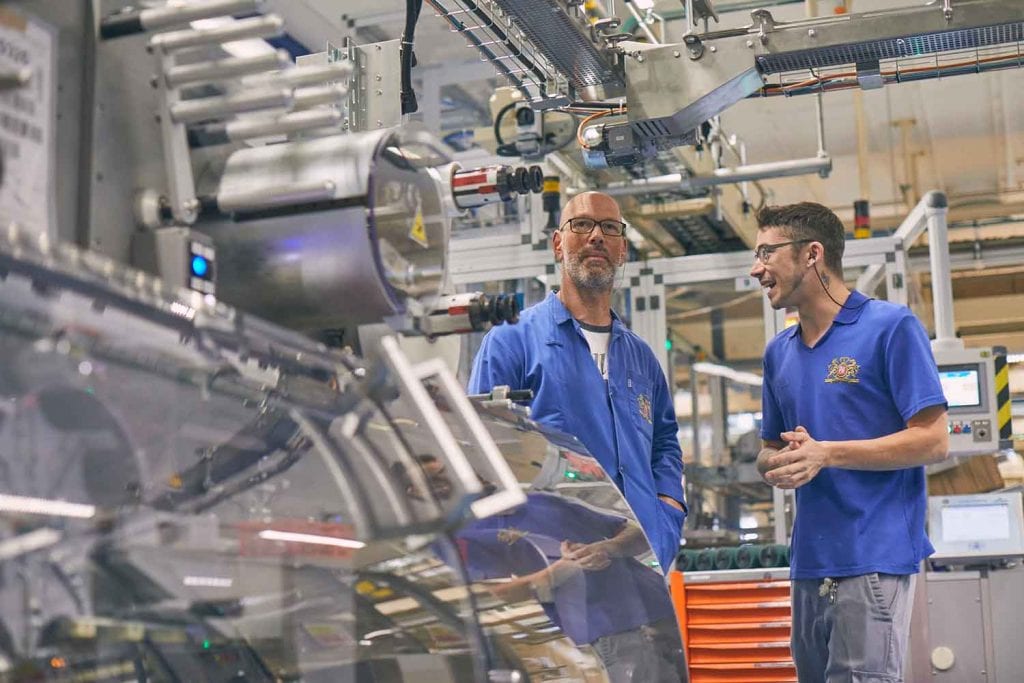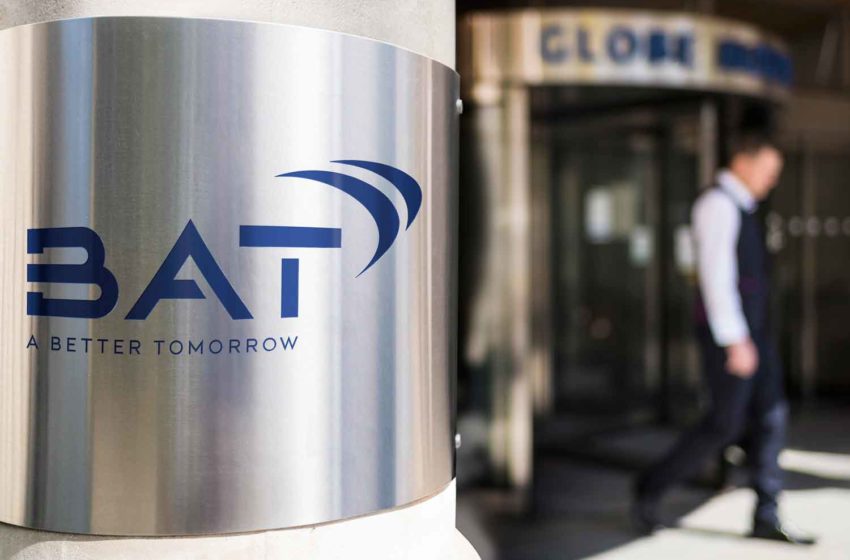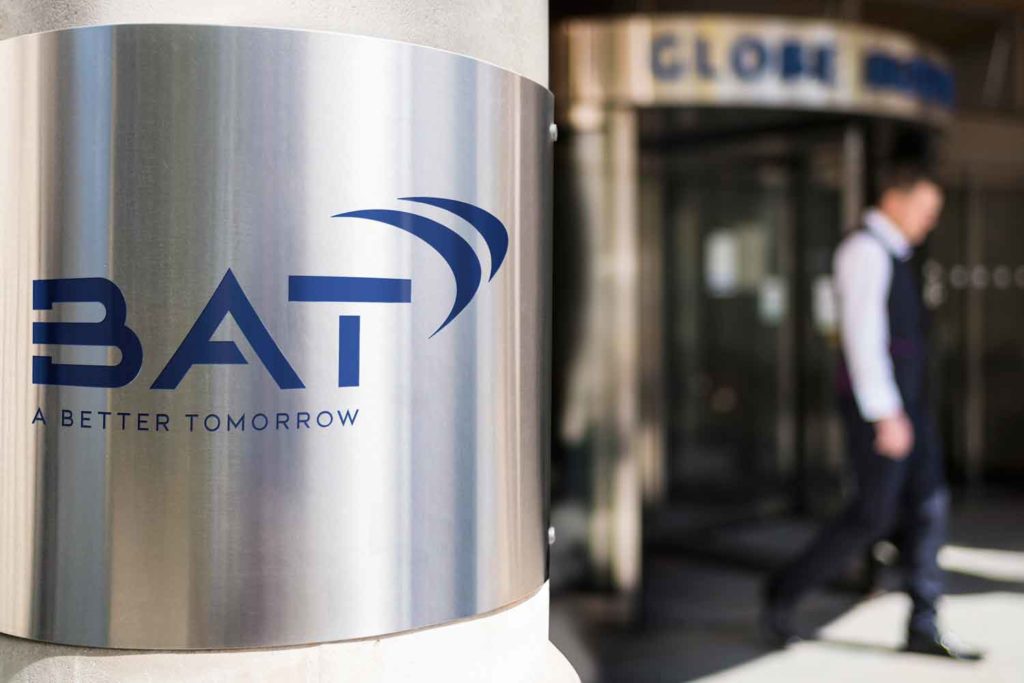
OxySuisse and Action on Smoking and Health accuse the tobacco industry of violating human rights and Swiss authorities of complacency, reports SWI. Switzerland hosts the headquarters of Philip Morris International and Japan Tobacco International.
In a recent report, the nongovernmental organizations analyze the tobacco industry’s behavior from a human rights perspective. In their paper, the authors assert that the tobacco industry is incompatible with fundamental human rights. The production and marketing of addictive and deadly products, they argue, infringes the right to health, the right to life and the right to a healthy environment, OxySuisse says.
Despite suffering around 9,500 smoking-related deaths annually, Switzerland lags far behind its peers in the fight against smoking, ranking 36 out of 37 European countries, notes OxySuisse.
This discrepancy can be explained by the weight of the tobacco industry in the Swiss Confederation, according to the nongovernmental organization. “The presence in Switzerland of two of the country’s influential tobacco multinationals is one of the reasons for the failure to implement effective smoking prevention policies,” Michela Canevascini, director of OxySuisse, told Swiss public television on Oct. 8.
Switzerland, she noted, prioritizes the commercial interests of these companies at the expense of the Swiss population’s health.


